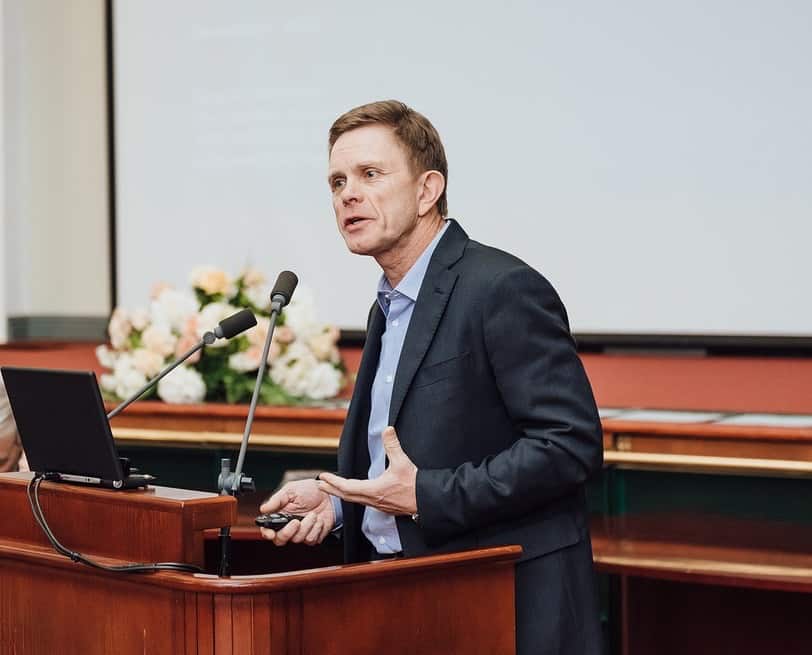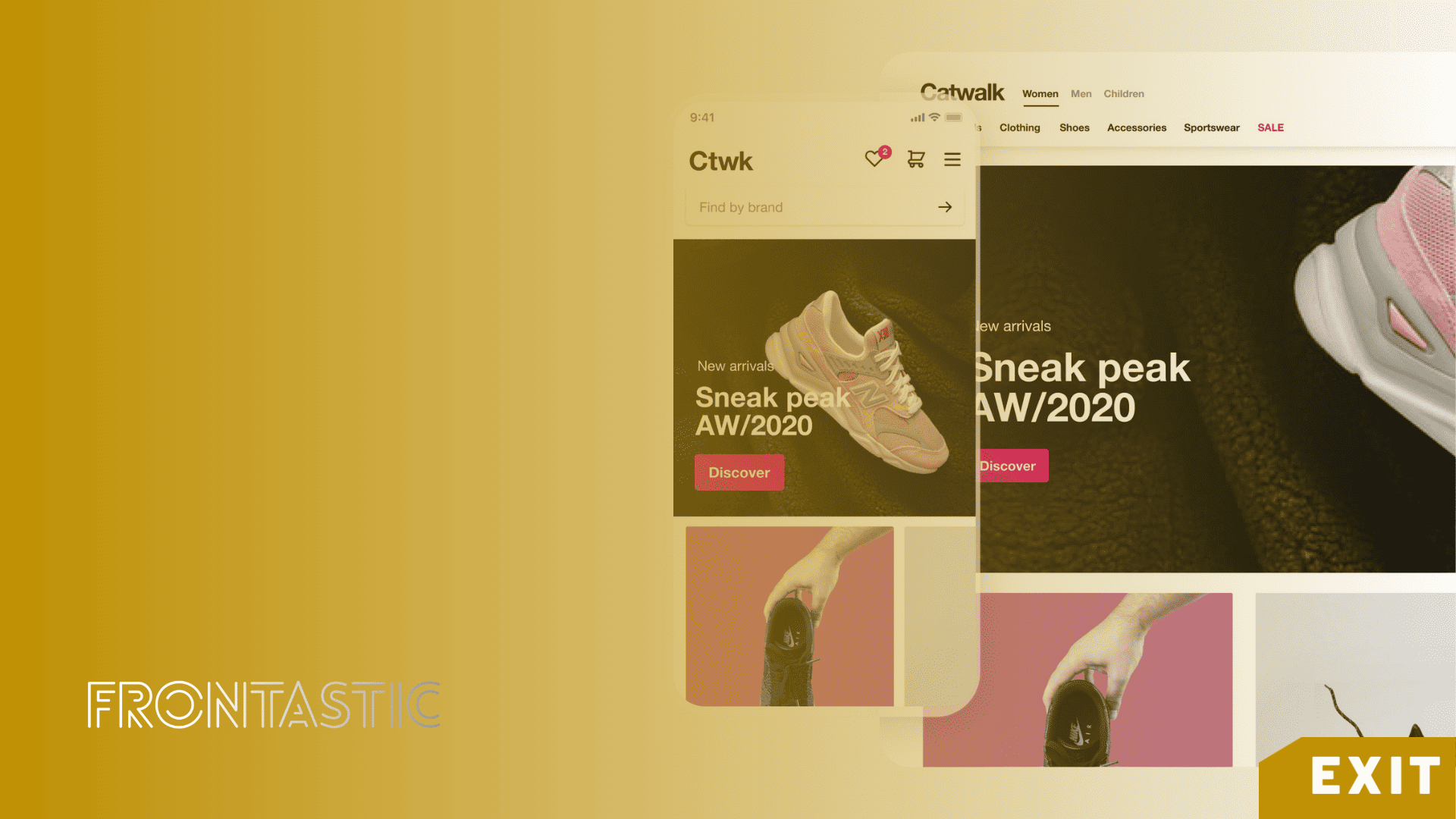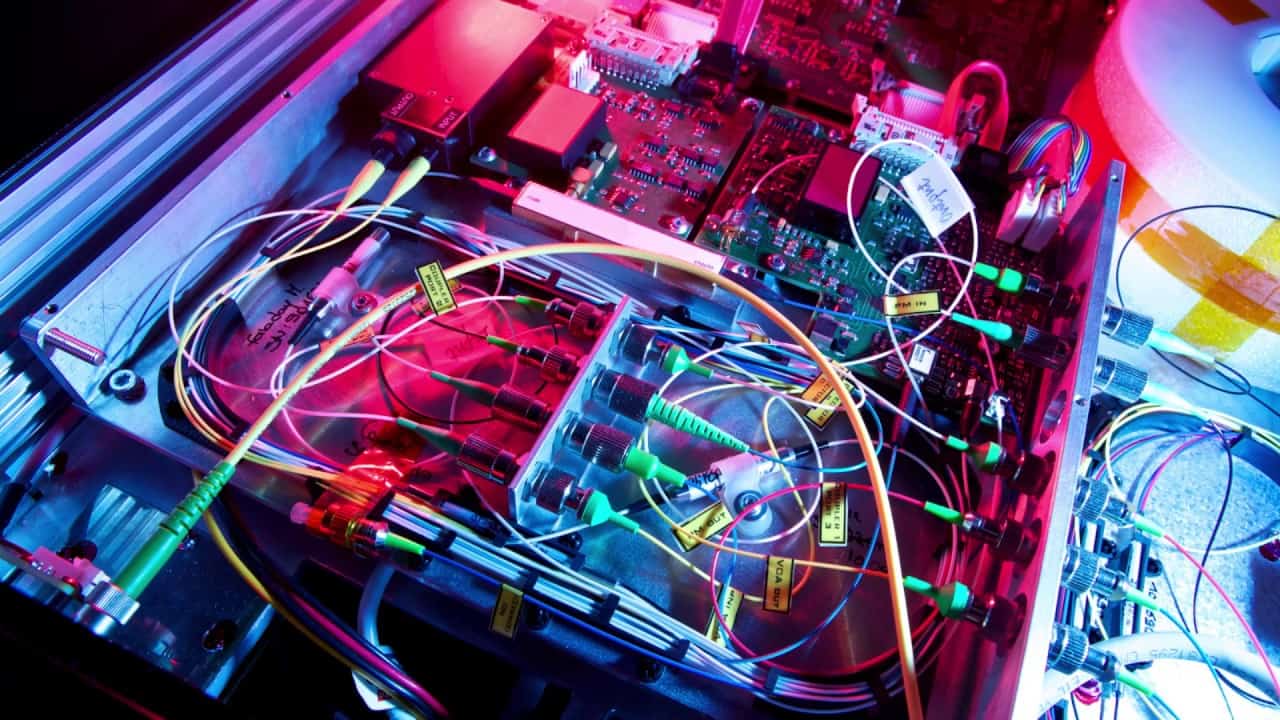Serguei Okhonin has 3 decades of experience in the semiconductor industry. ActLight, his second high-tech startup, is one of Verve Ventures’ portfolio companies. In this interview, he talks about hearable devices that can measure the heart rate, mobile phone cameras, and why all of a sudden potential buyers started to contact him.

Co-founder and CEO, ActLight
Serguei co-founded ActLight in 2011. ActLight has developed a digital photodiode that has a far more comprehensive sensitivity range than traditional, analog photodiodes. Before founding ActLight, Serguei founded the company Innovative Silicon Inc. IP created by the company was acquired by a large US semiconductor player in 2010. Serguei has filed around 120 patents and his innovations have received several prizes. He studied physics.
ActLight is already your second semiconductor IP startup. Can you tell us a bit about your background?
I came to Switzerland about 30 years ago and worked at EPFL as scientist. In 2003, I founded Innovative Silicon, based on my invention of a new type of dynamic random access memory. It was quite an experience. We raised more than CHF 50 million, licensed our technology to big semiconductor companies, and grew the team to more than 100 people, with offices in Silicon Valley, Switzerland, Japan and Korea.
What led you to found ActLight?
I invented the dynamic photodiode. From a technical standpoint, I wanted to create a sensor that has a much better performance than what is available and at the same time, is versatile enough to cover many different applications. From a business point of view, the idea was to create an IP company that can achieve things without hiring hundreds of people, which in the memory business is inevitable. With ActLight, we were able to demonstrate what the sensor is capable of with a nimble team of just about a dozen people.
“An IP company can achieve things without hiring hundreds of people.”
Your invention of a photodiode that can measure single photons has been recognized internationally, but you talk about it like it is no big deal. Wasn’t it hard to come up with it?
No, it wasn’t that difficult after working 30 years in the field of semiconductors. But yes, such things need a bit of experience.
So how does an IP company such as ActLigh actually work?
We started with an idea and developed it up to the point where we could file patents. The goal, of course, is to license the technology to big semiconductor companies that integrate it into their offering, which they can eventually sell to the big consumer brands we all know. What we do is research and refine our technology to the point that we can provide potential customers with prototypes that should, ideally, convince them of the merits of our sensor. When we achieve this, our job is done. We then basically just provide support.
Let me guess: Convincing big semiconductor companies isn’t that easy.
Our potential customers are global market leaders, they have tens of thousands of employees and decades of experience in their field. Now imagine that a small startup from Lausanne comes up to them and says: Look guys, our detector performs better than what you have developed. The first thing they tell you is: That’s impossible. It takes many meetings and a lot of time to convince them otherwise. And then, they do a very thorough due diligence. They will spend more than a year to ascertain the merits of new technology, it is a long process. But once they have done that, and decide to move forward, these companies move very quickly. They have the manpower, the infrastructure, the sales organization, the relationships with their customers… they can bring a product to the mass market at a speed that no startup can match.
Where do you stand in the process you just described?
For an IP company like ActLight, the most important achievement is what I call the industrial proof of technology, which means, that a mass-market product incorporates the technology we have developed. We have achieved this milestone now. We licensed our technology to a semiconductor company, the number 1 worldwide, which is building a heart-rate monitor for hearable devices. Thanks to our invention, power consumption is drastically reduced and a high level of miniaturization is achieved. Working samples are already at end customers and, in 2022, mass production starts.
For an IP company like ActLight, the most important achievement is what I call the industrial proof of technology.”
Why monitor the heart rate in a hearable device?
Wearable devices are all the rage, but hearable devices is the category which is growing even faster. The ear is the better place to capture vital signs and sensors linked to smart devices are emerging applications boosted by the needs of health care and remote patient monitoring.
As you mentioned before, the sensor you developed has many different applications. Can you give another example?
As you know, the differentiation of mobile phones is driven to a large extent by the camera they incorporate. And 3D cameras are an emerging trend. We have been working on several projects with the leading company in this field. But it will still take a few years before our sensor will make it into production. But as you can imagine, the market potential is enormous.
What else are you working on?
There are many other potential applications, but with our small team we must also recognize that our bandwidth is limited. Our sensor can convert light into a strong electrical signal without the need for amplification. This could, for example, facilitate on-chip communication using light, which might become a very big market one day. But we haven’t spent much time on this yet. In the long term, our single-photon sensitivity could also find its way into quantum computing, but here as well, there is a lot of work to be done first.
With a use case that will hit the market soon and others that sound promising, ActLight must have appeared on the radar of tech companies by now.
After 10 years, we need to think about the future of the company, and there are basically two options. Do we want to grow and pursue more projects, or do we want to sell the company? Recently, we have started to get approached by potential buyers. Of course, such approaches out of the blue need to be examined very well, but it doesn’t surprise me that this happens now.
Because of the traction or what you called industrial proof of technology?
Not only that, the M&A activity in the semiconductor industry is incredibly intense at the moment. The sector is red hot. Hardware stocks have reached new highs, and the shortage of semiconductors is talked about a lot. There is an urgency to invest that I haven’t seen in the past 3 decades, it’s insane.
If you sell ActLight, what is your third venture going to be like?
I honestly don’t have the time to think about this at the moment. I can’t say.
Then let’s talk about actual problems, what is the most pressing issue for an IP company like ActLight?
It’s always difficult to find the best people, and we need the best. We work with some of the best companies in the world, and we need to show them that we can add value, thus we must have only very well-educated and high-quality people. And I’d add that in Switzerland, we find the people we need.
Any amusing story you can share?
I can tell you a funny story but it doesn’t have to do with hiring. We were in Silicon Valley, in a restaurant, celebrating the first licensing deal I told you about. The owner of the restaurant, which I knew from my time there, came to our table and asked us what the reason for the festivities are. I told him what we do and that we just signed our first important deal, but I didn’t tell him with whom. The guy responded: “Ah, I know who it is. You signed a deal with X? Congrats on that!” We fell silent and were absolutely shocked. How could he have known about this, it was all under NDA, and there were a handful of very large companies that could have been our partners.
So how did he know about this?
He didn’t. He just guessed and got lucky, but he did this with so much confidence and bravado that we really believed he had some insider knowledge. It was fake, but it was also very good because it was convincing.
You have 3 decades of experience in the high-tech industry, what kind of advice would you give youngsters that just start out in the field?
There will be surprises along the way, good and bad, and they will be numerous. You cannot predict everything, you need to adapt to these situations as they happen. Get used to surprises, and they won’t surprise you that much anymore.
Written by
WITH US, YOU CANCO-INVEST IN DEEP TECH STARTUPS

Verve's investor network
With annual investments of EUR 60-70 mio, we belong to the top 10% most active startup investors in Europe. We therefore get you into competitive financing rounds alongside other world-class venture capital funds.
We empower you to build your individual portfolio.
More News
19.11.2021
commercetools acquires our portfolio company Frontastic
Verve Venture's 6th exit this year was a speedy one: Our network invested in Frontastic at the beginning of 2021, based on our conviction that a paradigm shift in e-commerce is gathering speed. E-commerce firms don't want to rely on monolithic software anymore, but switch to a headless architecture. The acquisition of SaaS startup Frontastic shows the merits of our investment thesis.
05.11.2021
“You won’t have a quantum laptop at home soon”
Grégoire Ribordy is a pioneer among entrepreneurs in the quantum industry, his startup ID Quantique just turned 20. In this industry, he talks about the quantum internet, the difficulty of balancing near-term and long-term goals, and the startup Miraex.
23.09.2021
“When the stars align, you can’t wait”
In this interview, entrepreneur and investor Gaëtan Marti recounts how difficult it can be to find financing for a startup, how he bootstrapped Atracsys and eventually, despite different plans, sold it to a big MedTech company.
Startups,Innovation andVenture Capital
Sign up to receive our weekly newsletter and learn about investing in technologies that are changing the world.




